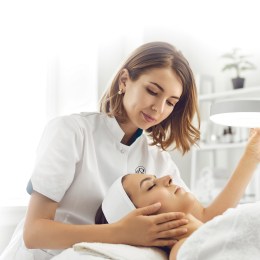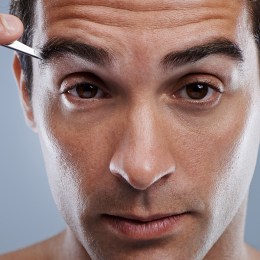It’s easy to see why South Korean cosmetic products are popular. From cutting-edge packaging to promises of celebrity skin, they’re often innovative, inexpensive and more available to Australian consumers than ever (with imports here doubling between 2014 and 2015).
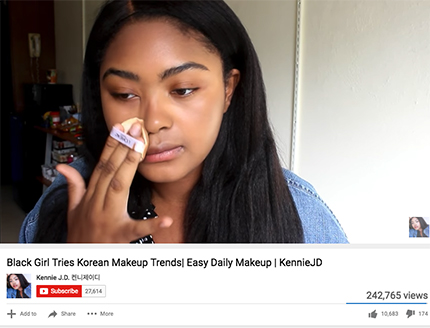
The K Beauty industry (encompassing South Korean skin, hair and body care, and makeup) is worth $18 billion USD worldwide. It exploded internationally in 2012, when BB creams (longtime South Korean staples) were picked up by Western media.
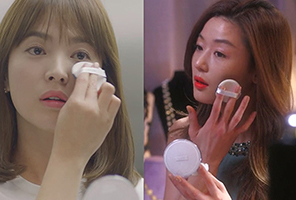
According to trend analyst Mintel, Korea continues to lead the world in terms of personal care product innovation.
“Because it’s such a competitive market, brands have to come up with new ideas very quickly in the fight for shelf space,” explains Vivienne Rudd, director of global insight and innovation, personal care.
“The next generation of skin care products is shaping up to be light in texture and ultra-hydrating.”
New hydrating formulas come as no surprise because K Beauty ideals hinge on hyper-moisturised skin:
“It should be dewy, clear, smooth, resilient and luminous,” says Coco Park, author of Korean Beauty Secrets. “Hydrated skin exudes health.”
Interestingly, it’s not only possible to create a Korean inspired skincare routine using professional brand skincare, but arguably more effective in achieving the desired result.
We investigate the latest trends:
GREEN AND LOCAL
“Natural and organic products have taken off big time in Korea,” Vivienne reports. “They are making huge heroes out of local ingredients from Jeju Island.”
Dubbed the “Hawaii of the nation” this tourist hotspot is one of the least polluted, most botanically diverse areas in the world.
Major K-brands have capitalised, establishing labs on the island to source extracts (such as camellia seed oil) from the terrain.
As an explosion of brand stories touting the “natural benefits of Jeju” hit the market, consumers should be more mindful of marketing buzz than ever.
While greenwashing is certainly not unique to K-Beauty, their laws permit “natural”, “cruelty-free” and “organic” statements on packaging without independent regulatory certification.

“Natural and organic claims have little meaning without certification by an authentic regulated third party auditor,” explains Theme Rain, creator of Synthesis skincare.
“Products can have as little as a whisper of an organic tea leaf in a cocktail of synthetic chemicals, and still be called ‘natural’ and ‘organic’ in an unregulated market. That is why internationally recognised certifications are so important.”

Australian made Synthesis Organics, probiotic Esse Skincare, and French professional brand Phyts are certified organic and certified cruelty free.
FERMENTED INGREDIENTS
From kimchi to Han medicine, food fermentation is an ancient Korean tradition believed to improve health and beauty from the inside.
There’s evidence that the enzymes found in these ingredients are essential to gut function, and fermented edibles like ginseng are present in a plenitude of personal care K-beauty products.
Vivienne Rudd says the trend has become more experimental recently:
“The latest fermented ingredients are very interesting,” she reports, “Korean’s aren’t just using algae and fermented fruits in skincare, they’re using some really interesteing smaller, more specific ingredients as well, such as soybeans.”
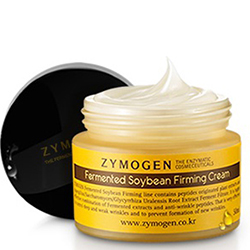
Skin specialist Matoyla Kollaros questions the effectiveness of foodstuffs like soybeans in skincare:
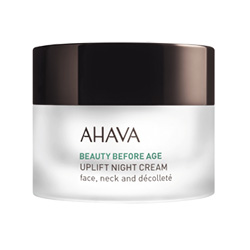
“Our skin won’t digest it, so we need to ensure that the benefits of these novel ingredients are actually being harnessed,” she explains. “Proven ingredients such as minerals and peptides, will endure because they deliver what skin needs safely.”
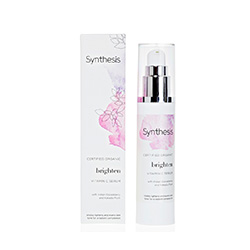
“To differentiate between hype and effectiveness of indigenous ingredients we need to ask what benefit it is supposed to deliver, and how,” advises Theme Rains.
“If possible check on sound scientific data for results oriented Ingredients – how are they used in the formula for optimum effectiveness.”
THINNER THAN WATER
“Textures are changing,” says Vivienne Rudd. “Essences are becoming even lighter but are thought to be more hydrating than ever.”
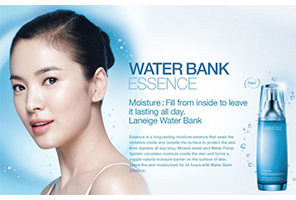
Korean skincare routines consist of 8-12 steps and essences are a vital part of the layering method.
“They are hydrating liquids with water-like textures (applied after toner and before serum) to target specific concern such as hyper-pigmentation, ageing or acne,” explains Coco.
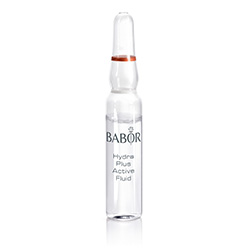
In professional skincare, essences equate to ampoules or skin boosters.
When targeting a specific concern, professional products will always trump mass market in the active ingredients department.
Eminent Australian dermatologist Professor Greg Goodman elaborates: “Most mass market cosmetic companies go safety first rather than efficacy, so they tend to produce products with low active concentrations.
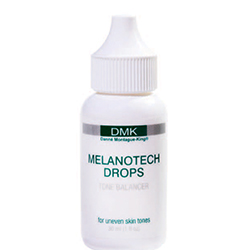
“Australian brands have to list ingredients in order of percentage of concentration. So, at least you know what’s in there and approximately where the actives might live within a preparation.
“In professional circles you can guide people through that initial phase when clients are acclimatising to the product.”
“Masks have become more advanced,” reports Vivienne. “There’s ready mixed formulas in aerosol cans and two step masks that you have to mix together, which form carbonic gels.”
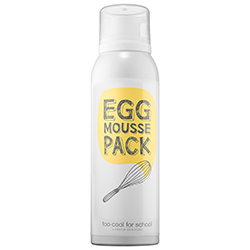
From sheet masks to overnight packs in K Beauty, face masks are often applied daily.
With innovative textures that foam or change matter, Prof Goodman says checking labels for “nasties” is more important than ever.
“Some preservatives and certain types of sulphate can cause irritation – sometimes even contact dermatitis. They really shouldn’t be in any product but sometimes are,” he says.
Luzern have capitalised on the night-mask concept with an Enzyme sleeping pack suitable for the most sensitive skin.
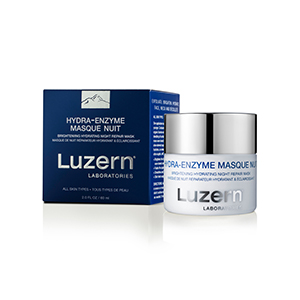
While it contains 18 active ingredients, clients can rest assured it is certified non-comodegeic and hypo-allergenic.


